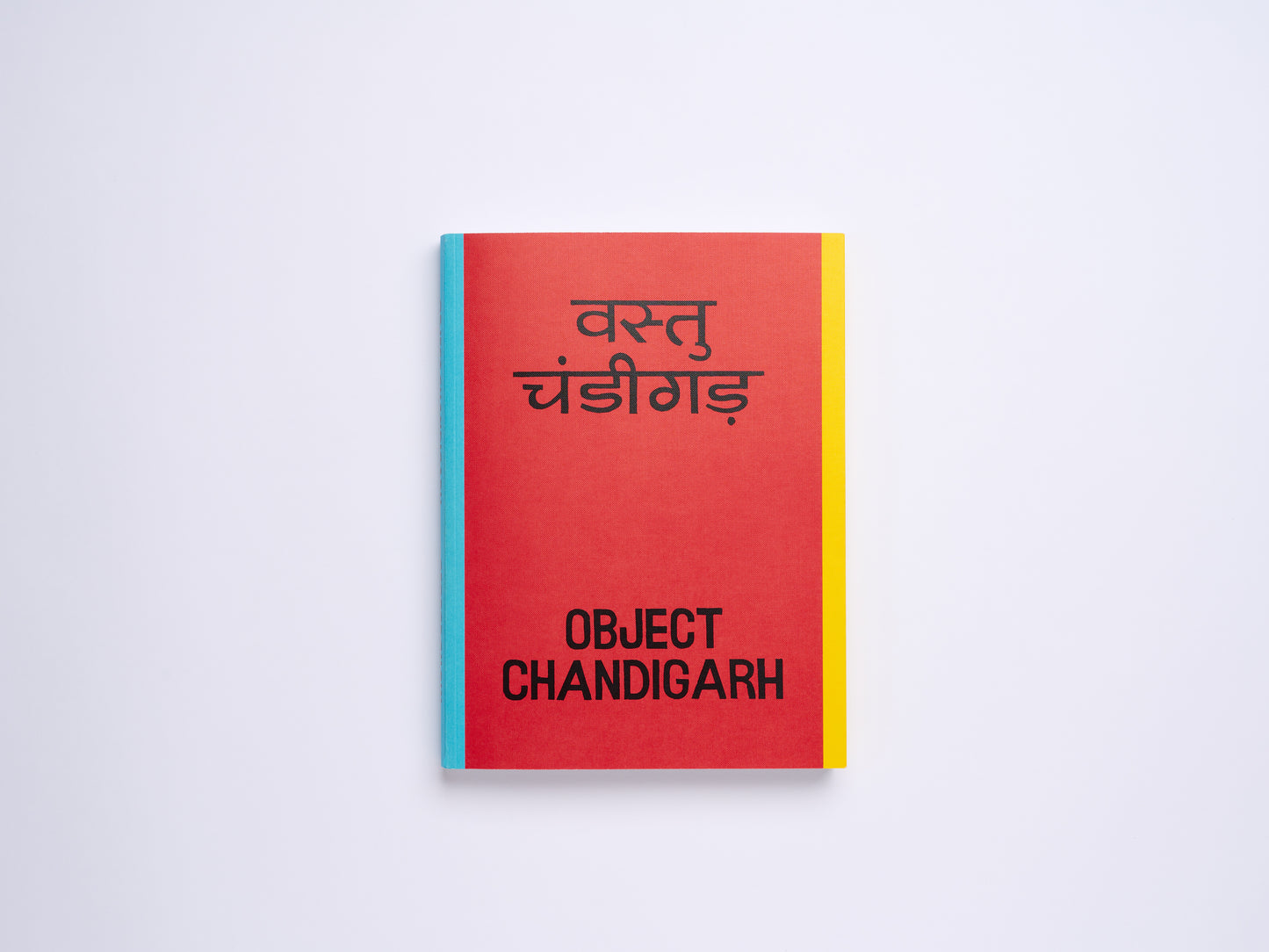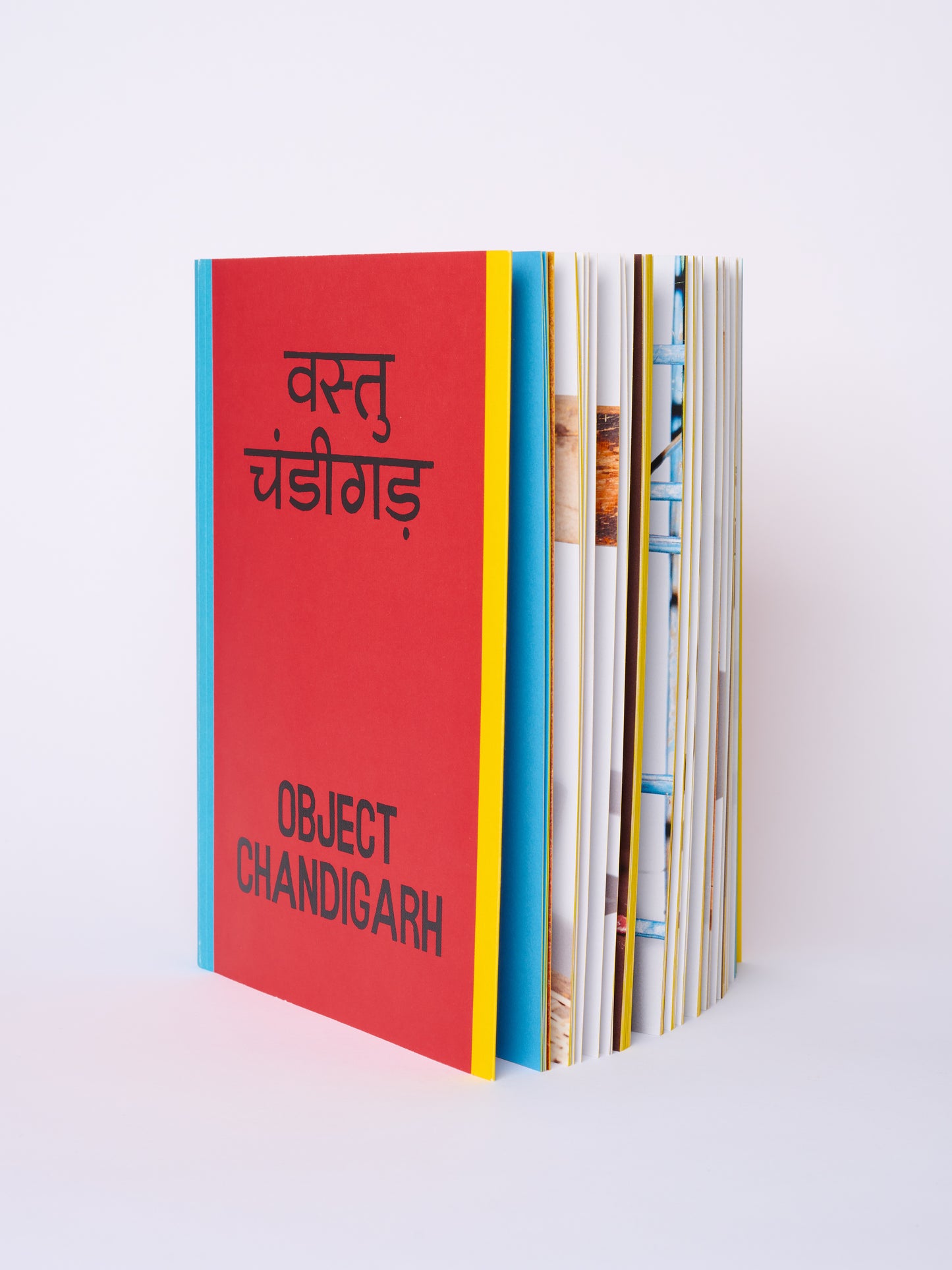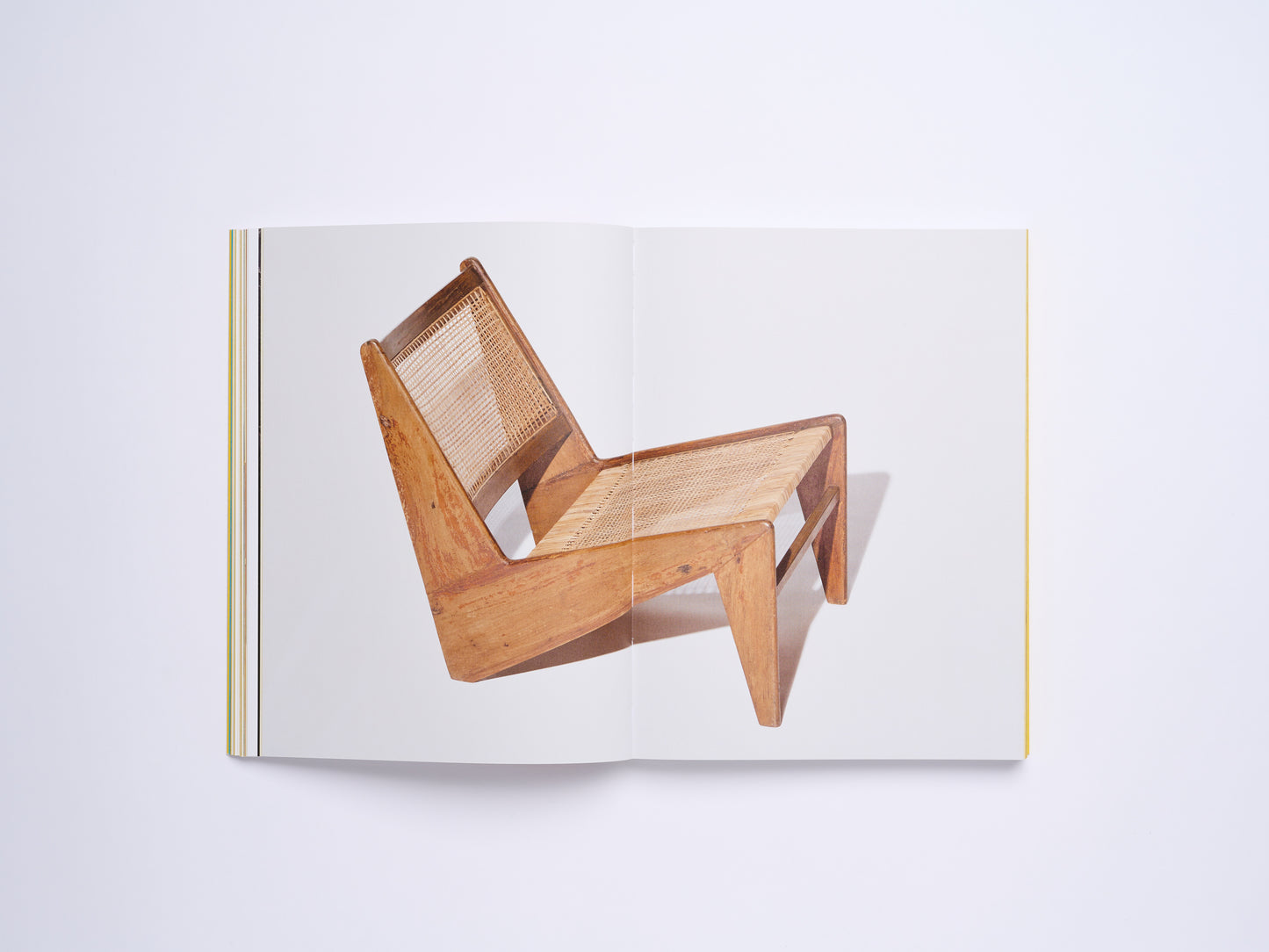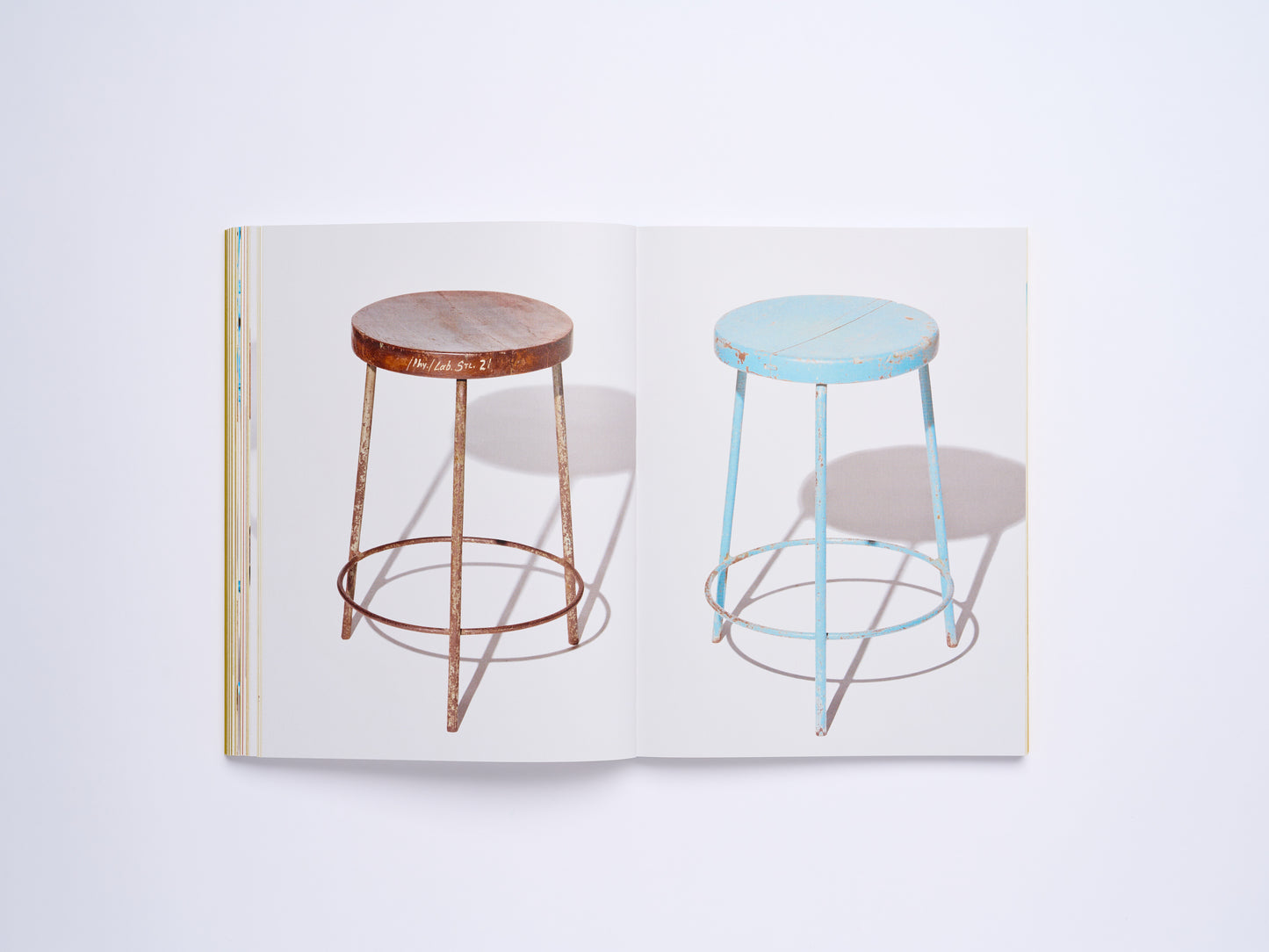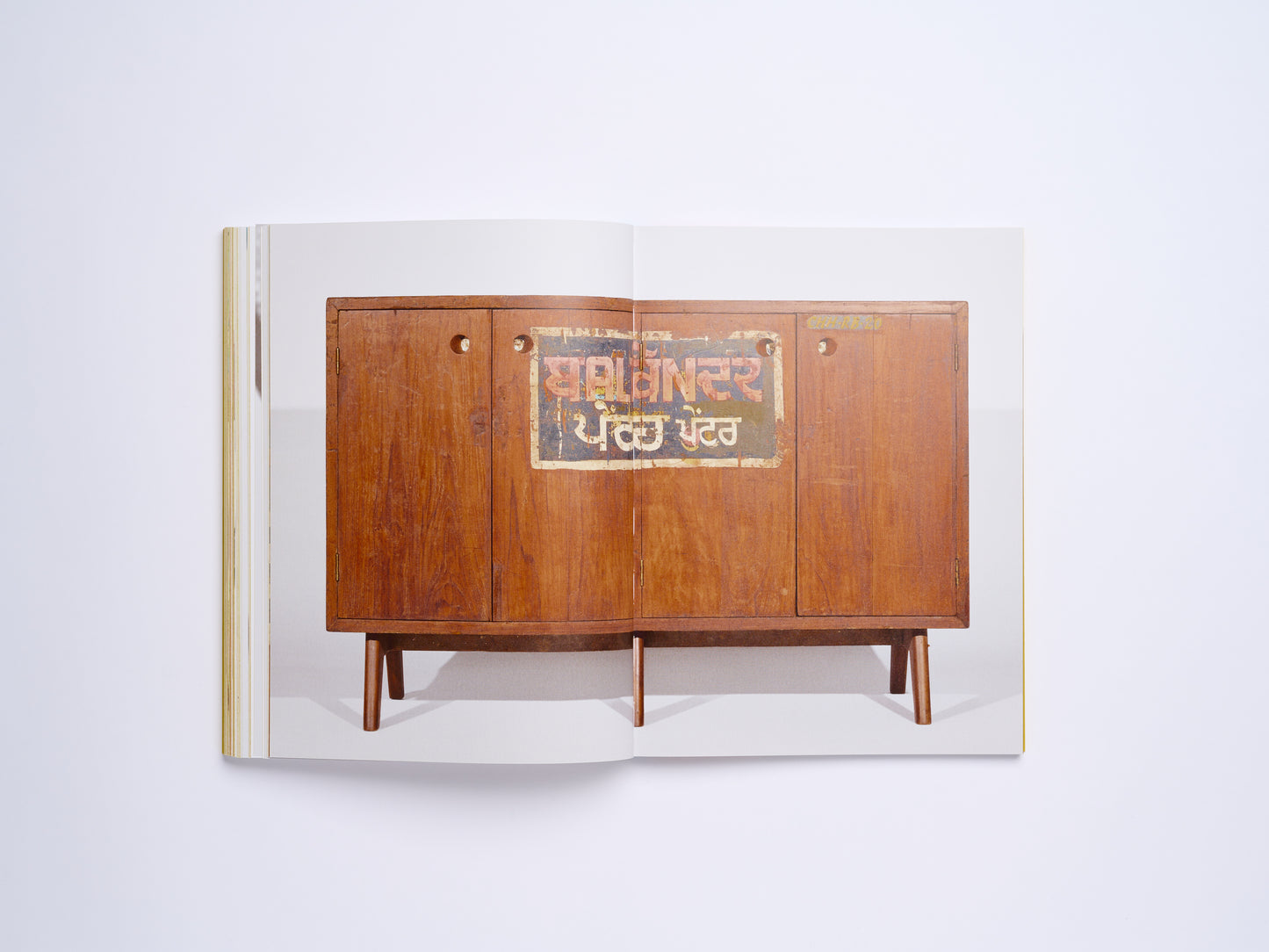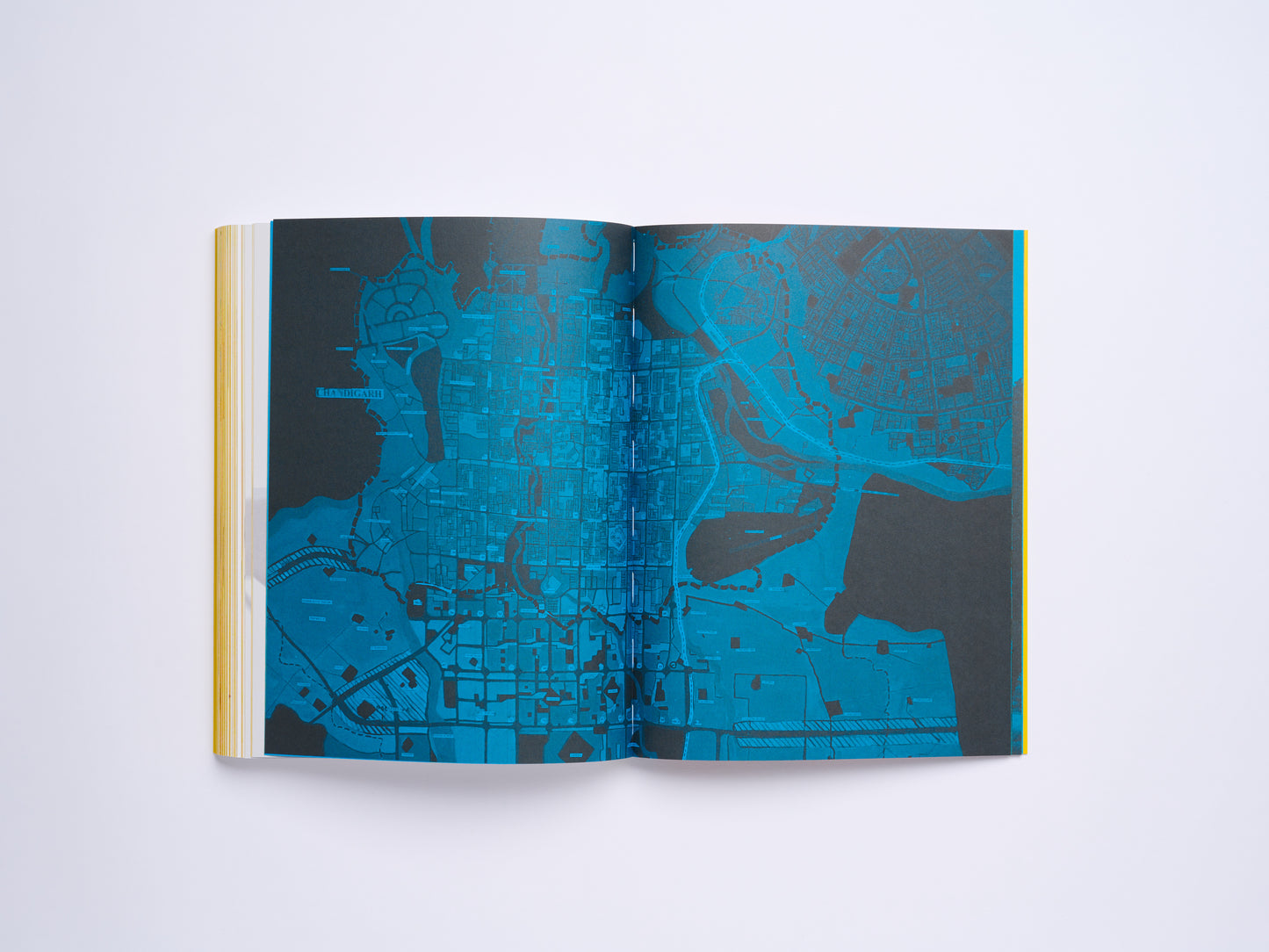ABOUT
Visiting Chandigarh for the first time over a decade ago, I encountered a tradition of judicious and novel use of materials that embodies the culture of India and the Punjab Region. Unlike in the Western world, objects are used in perpetuity until repurposed. A storied narrative saturates these objects from use, reinvention, and ingenuity born of necessity.
Chandigarh was inaugurated as a utopian capital for India in 1953 by Prime Minister Nehru. He harnessed the energy and vision of Le Corbusier, who oversaw the city plan and architecture. Simultaneously, Le Corbusier’s cousin, Pierre Jeanneret, in collaboration with him, focused on numerous specific pieces of furniture designed for the city. Jeanneret's furnishings, constructed by local craftsmen working in separate small workshops and interpreting construction differently, created variations – each piece made by artisans working with hand tools. Jeanneret created individual designs tailored for different buildings and environments. This history is traced by the stenciled markings some examples still hold.
I became obsessed with the woodwork and venerated these details, searching for construction differences. The original finishes, worn by the sun and elements, also bear the imprint of the people who lived with these furnishings. I formed ideas about what designs felt more elevated than others but eventually determined it was largely subjective. Each piece of furniture holds its own experience and develops unique marks, alterations, and colorations.
Chandigarh’s architecture and furniture designs are revered today as elements of one of the most important architectural cities in the world. Object Chandigarh is a collection of furniture examples designed for this Modernist City. Their patina tells the story, and the condition shows a life lived.
- George Gilpin
